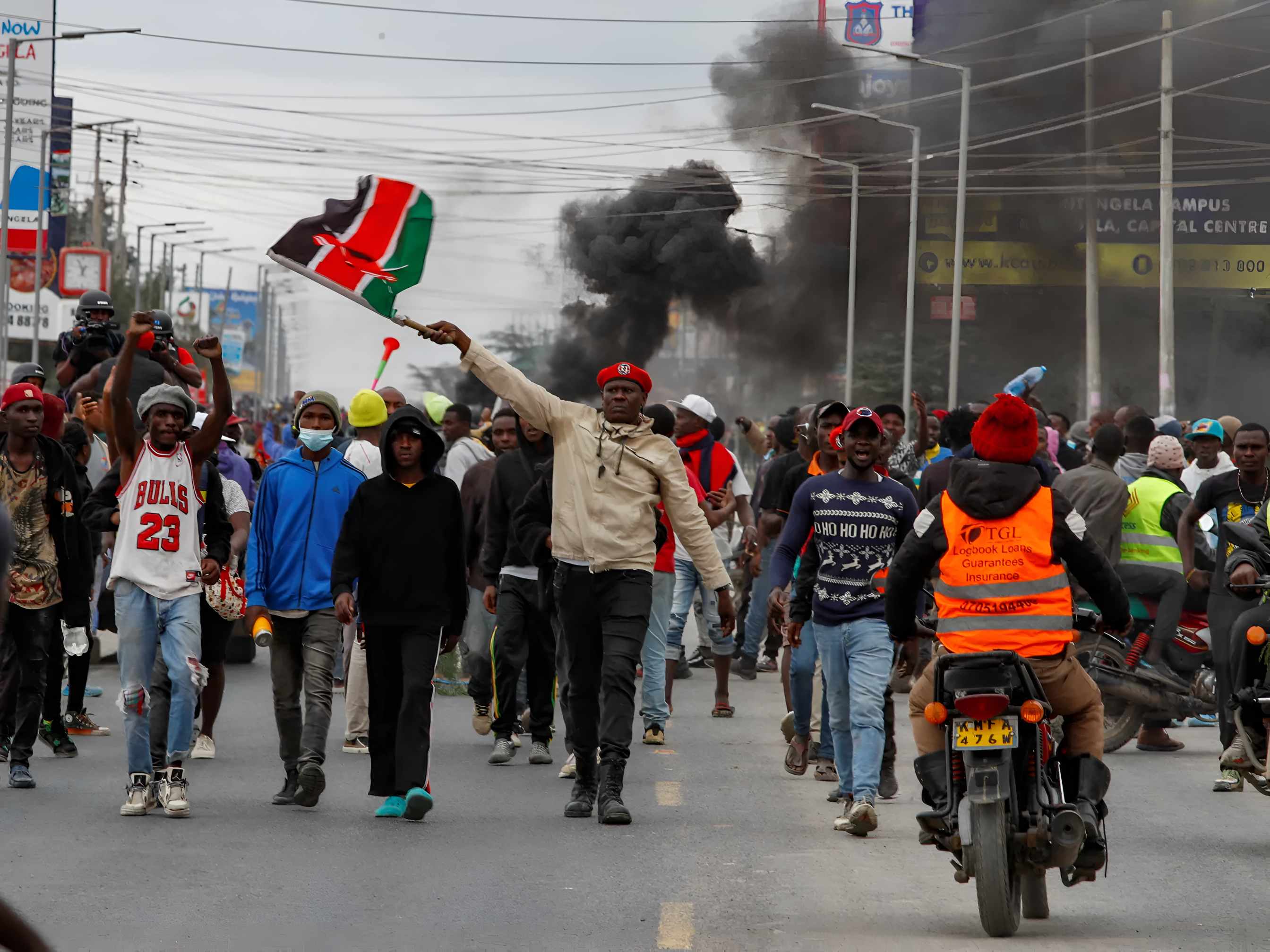Grieving parents demand justice for children killed in Gen Z protests

More than 25 families stood side by side on Sunday, each representing a young life lost.
Families whose children were killed during the Gen Z protests in June 2024 came together in Nairobi on Sunday, marking a powerful moment of shared pain and unyielding demand for justice.
Nearly one year since the demonstrations turned deadly, the parents say the state has offered no accountability and no relief, only silence.
More than 25 families stood side by side on Sunday, each representing a young life lost to what they described as excessive and deliberate use of force.
Framed portraits of the victims lined the venue, their youthful faces now symbols of a national wound.
The gathering also marked the launch of a petition, which the families intend to present to Parliament on June 25, 2025, one year since the protests that left 60 people dead.
According to autopsy reports, the main causes of death were gunshot wounds and blunt force injuries.
Despite the weight of this evidence, the families pointed out that no officer has been convicted.
The Independent Policing Oversight Authority (IPOA) confirmed that 60 protesters were killed and over 200 others injured. Yet only two court cases are ongoing, while other files recommended for prosecution have yet to move forward.
The call for action was direct and deeply emotional.
Edith Wanjiku Kamau, whose son Ibrahim was killed during the protests, voiced the frustration many parents feel.
"Arrest and prosecute the killer cops and their commanders who directed and executed the murder of innocent, peaceful protesters. Provide compensation for the victims’ families and for those who were injured."
Her words captured the mood of the gathering, an urgent cry for recognition, accountability, and justice.
Other parents stepped forward with their own painful stories, each highlighting the emotional and physical toll the past year has taken on their families.
Gillian Munyao, the mother of Rex Masai, explained how fear continues to silence potential witnesses:
"If you ask someone to come forward and testify, they’ll say, ‘I can, but my mother refused."'
Paul Tata, father of Emanuel Gigs Tata, spoke about how the loss has affected his health and household:
"I had no illness, but now I’m diabetic. His mother; she broke down. She doesn’t even want to hear about it. I didn’t tell her I was coming here today. She said, ‘Let it be."'
For Phoebe Akumu Maina, whose son Kevin was killed, the grief is a burden she carries alone: "He left a gap I don’t see myself ever filling," she said. "I’ll continue doing laundry for people, being insulted, until the end of my life."
The pain shared among the families was raw, but so was their resolve.
The petition they are preparing demands not only justice through arrests and prosecutions but also compensation for families and survivors. They say they will not let their children’s deaths be forgotten.
As they spoke, the families lit candles in remembrance, joining hands in a silent pledge to continue pressing forward.
While sorrow filled the air, so did unity, a determination to confront the inaction they feel has betrayed their children’s memory.
Rose Kihuga, whose son Mike was also among the victims, directed her plea straight to the head of state:
"Mr. President Ruto, we demand justice for our children."
